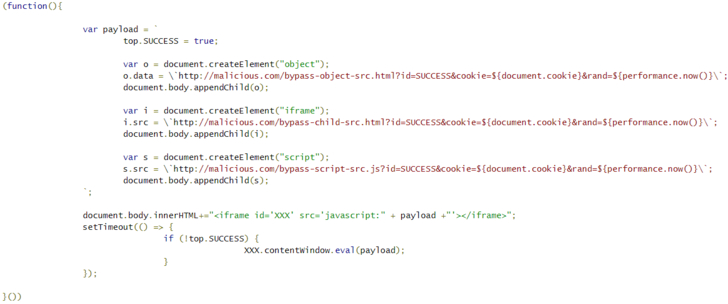Russian President Vladimir Putin requested the 2016 hacking of Democratic Party accounts and the arrival of messages proposed to hurt Hillary Clinton's crusade, the Senate Intelligence Committee deduced in the last report of its Russia test, which additionally found that President Donald Trump didn't conspire with Moscow.
"Russian President Vladimir Putin requested the Russian exertion to hack PC systems and records subsidiary with the Democratic Party and break data harming to Hillary Clinton and her crusade for president," the bipartisan board wrote in the report, which was delivered Tuesday. "Moscow's plan was to hurt the Clinton Campaign, discolor a normal Clinton presidential organization, help the Trump Campaign after Trump turned into the possible Republican chosen one, and subvert the U.S. fair procedure."
The panel's three-year test found various contacts between Trump partners and Russians or individuals with binds to the Russian government, just as endeavors by Trump to exploit the breaks strategically, yet the advisory group "didn't discover proof of agreement between President Trump and the Russians."
The report, be that as it may, called previous Trump battle executive Paul Manafort's essence in the group a "grave counterintelligence danger."
Manafort "made open doors for Russian knowledge administrations to apply impact over, and secure private data on, the Trump Campaign," the report said. The council was especially worried about Manafort's sharing of data with individuals it says were partnered with Russian insight administrations and partners of Russian oligarch Oleg Deripaska.
Representative Mark Warner of Virginia, the top Democrat on the board, said the report, which included figuring out a large number of records and several observer interviews, uncovered "a stunning degree of contacts between Trump authorities and Russian government agents."
"This can't occur once more," he said in an announcement. "As we head into the warmth of the 2020 battle season, I firmly ask crusades, the presidential branch, Congress and the American individuals to regard the exercises of this report so as to secure our vote based system."
Russia has since quite a while ago denied meddling in the U.S. political decision.
Republicans underlined the absence of proof of arrangement by Trump and analysis of the Federal Bureau of Investigation for its utilization of the lewd "Steele dossier" in its examination, while cautioning that dangers proceed from Russia and different nations, including China and Iran, in front of November.
"The advisory group discovered positively no proof that then-competitor Donald Trump or his battle plotted with the Russian government to interfere in the 2016 political race," said acting Chairman Marco Rubio.
Rubio said the proof of Russian intruding was "unquestionable," however he additionally dinged the FBI for "their acknowledgment and ability to depend on the 'Steele Dossier' without confirming its strategy or sourcing."
Senate Majority Leader Mitch McConnell said "lawmakers must take unique consideration not to fall prey to unfamiliar impact endeavors, enhance disinformation, or politicize our enemies' assaults on us" and said the objective of the unfamiliar endeavors is to plant division.
















